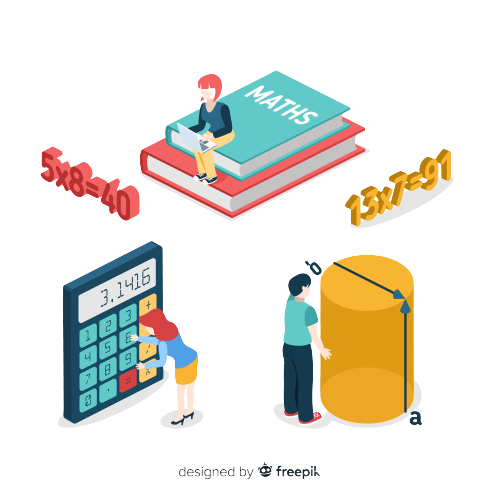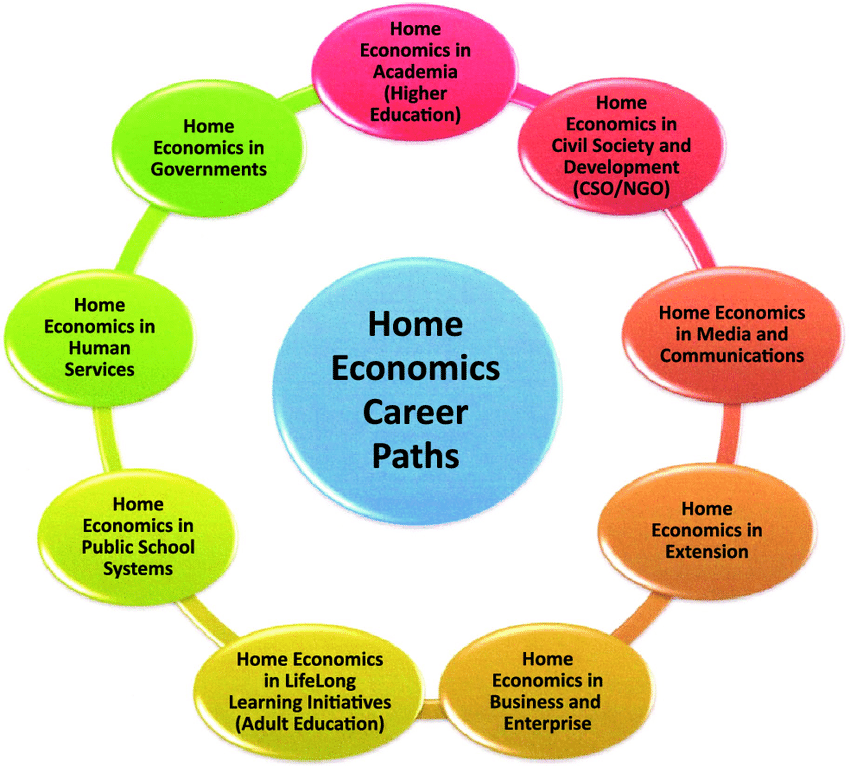kids love us
Welcome to LearningZone 360, where education takes you on an extraordinary journey of limitless discovery! Our academy is a vibrant hub of comprehensive and dynamic learning experiences, dedicated to empowering students of all ages and backgrounds. With a diverse array of subjects and a team of expert educators, we offer an enriching curriculum designed to cultivate academic excellence, critical thinking, and practical skills.

Personalized Tutoring for Lasting Success
The field of computers encompasses a vast array of concepts and skills crucial for navigating the digital age. At its core, a computer system consists of hardware and software components, with input and output devices facilitating interaction. Understanding various types of computer software and programming languages is integral to harnessing computational capabilities. An operating system, such as Windows, macOS, or Linux, manages essential functions like file organization and application execution. Proficiency in file and folder management, system maintenance, and troubleshooting is fundamental.


An exploration of fundamental mathematical concepts begins with the introduction to rational numbers, including their properties like closure, commutativity, and associativity. Representation of rational numbers on the number line and the identification of rational numbers between two given values are foundational skills. Operations on rational numbers, such as addition, subtraction, multiplication, and division, are crucial, as is the simplification of expressions involving these numbers. The practical applications of rational numbers in real-life situations further underscore their significance.
The development of language and communication skills is a multifaceted journey encompassing various aspects of reading, writing, oral communication, and media literacy. Reading skills are honed through practices such as skimming, scanning, and predicting, fostering the ability to interpret diverse text types like stories, poems, and articles. Comprehension is deepened through making inferences and drawing conclusions, while vocabulary is enriched organically through reading. Basic grammar concepts, including nouns, verbs, adjectives, and parts of speech, are revisited, ensuring a solid foundation in language structure.


The exploration of historical time and place is a foundational aspect of historical studies, involving an examination of sources and their interpretations. Emphasis is placed on the importance of chronology and periodization in understanding the evolution of societies. The curriculum delves into the contributions of ancient civilizations and introduces archaeological methods for historical investigation. The arrival of European traders in India marks a pivotal point, leading to the establishment and expansion of the British East India Company.
Home economics plays a crucial role in equipping individuals with the skills and knowledge essential for effective home management. The scope of home economics encompasses various aspects, including nutrition, textiles, and personal finance. Emphasis is placed on understanding the principles of a balanced diet, exploring nutrients and their functions in the body, and learning about food groups and their sources. Practical skills such as meal planning, preparation techniques, and food safety practices are imparted.


Coding is a fundamental skill with widespread importance, and its basics are explored to underscore its significance. The introduction covers various programming languages and their applications, leading to the practical aspect of writing and executing simple programs. Algorithmic thinking and problem-solving are emphasized, laying the groundwork for understanding variables and their crucial role in programming. Different data types, including integer, float, string, and boolean, are introduced, with focus on variable assignment, manipulation, and the use of arithmetic and logical operators.
Agriculture holds immense importance and significance, serving as a linchpin in both economic development and global food production. Fundamental concepts of farming systems and practices are explored, with an emphasis on sustainable agriculture and its principles. The discussion extends to various career opportunities within the agricultural sector. The pivotal role of soil in agriculture is underscored, covering its composition, texture, structure, fertility, and nutrient management. Techniques for soil erosion prevention and conservation, as well as the importance of soil testing and analysis, are addressed.


The exploration of resources begins with an introduction to their types, encompassing natural, human-made, and human resources. Further classification distinguishes between renewable and non-renewable resources, emphasizing the importance of conservation and sustainable utilization. Case studies delve into specific resource types such as water, forests, and minerals, offering insights into their management and challenges. The concept of land use is discussed, encompassing agricultural, forest, and urban areas, alongside an examination of soil types and their characteristics.
WhatsApp us